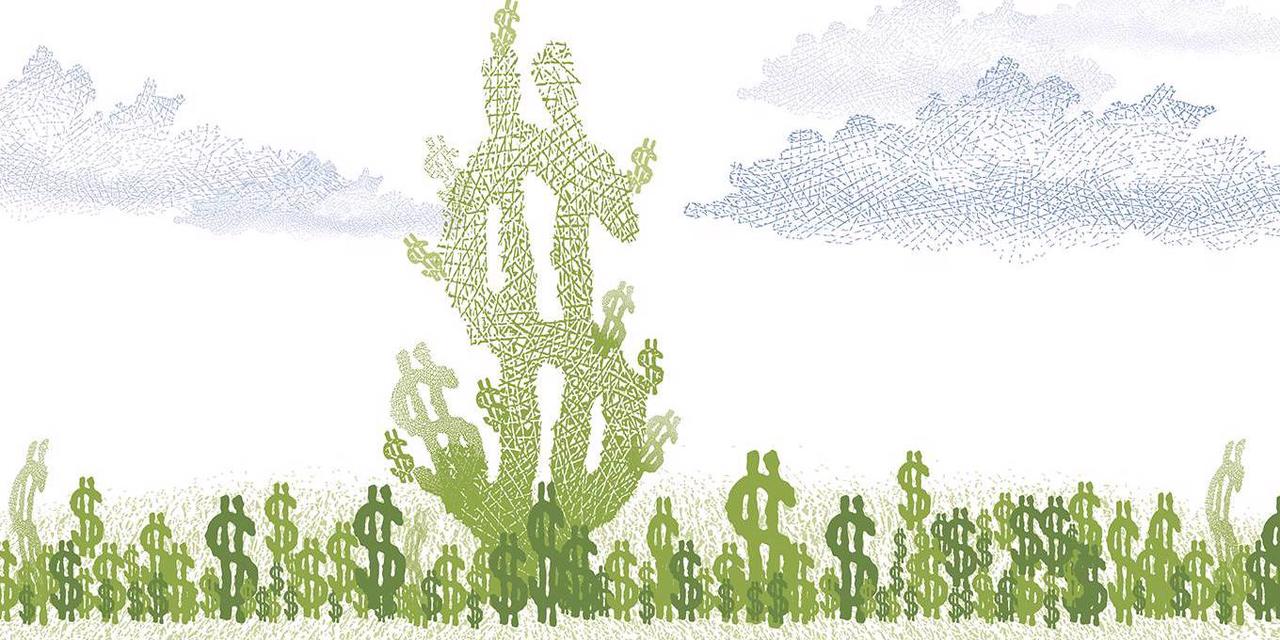The Problem With “Green” Monetary Policy
Authored by Otmar Issing via Project Syndicate,
As an alarming new United Nations report shows, climate change is probably the biggest challenge of our time. But should central banks also be worrying about the issue? If so, what should they be doing about it?
Central-bank representatives who do decide to make public speeches about climate change cannot deny the scale and scope of the problem; to do so would be to risk their own credibility. But the same is true when central bankers feel obliged to discuss the distribution of income and wealth, rising crime rates, or any other newsworthy topic. The more that central banks’ communications strategy focuses on trying to make themselves “popular” in the public’s eyes, the greater the temptation to address topics outside their primary remit.
Beyond communicating with the public, the question, of course, is whether central banks should try to account for environmental considerations when shaping monetary policy. Obviously, climate change and corresponding government policies in response to it can have powerful effects on economic development. These consequences are reflected in all kinds of variables – growth, inflation, employment levels – that will in turn affect central-bank forecasts and influence monetary-policy decisions.
Likewise, natural disasters and other environmental events – actual or potential – can pose implicit risks to entire classes of financial assets. Regulators and supervisors charged with assessing risk and associated capital needs must take this environmental dimension into account. At a minimum, the high uncertainty stemming from these risks implies a huge challenge for assessing the stability of the financial system and corresponding macroprudential measures. And these risk factors are also increasingly relevant for monetary-policy decisions, such as when central banks should buy bonds or (in some cases) equities.
But the growing public demand that central banks contribute more actively to the fight against climate change leads to a different dimension. In theory, central banks could introduce preferential interest rates for “green” activities – thus driving up the prices of “green bonds” – while adopting a more negative attitude toward noxious assets, such as those tied to fossil fuels. And yet, assessing whether and to what extent an asset is environmentally harmful or helpful would be extremely difficult.
Putting aside these more technical issues, the broader question remains: Should central banks assume responsibility for implementing policies to combat climate change? A number of prominent central bankers have already argued that they should. And current proposals for extending central banks’ mandate have come on top of growing concerns about income distribution and other issues tangentially related to monetary policy.
One is reminded of an ironic comment by the great Chicago School economist Jacob Viner.
“If you were to ask me what are the professed goals of most central bankers,” Viner wrote in 1964, “I would say on the basis of what I have heard them say that if they were appearing before a commission … they would either include a wide range of goals, including virtue and motherhood and also everything they could think of which is nice and good, or insist on the lack of power of central banks to serve effectively any specific important goal.”
After having played a decisive role in preventing the world from falling into another 1930s-style depression, central banks after the 2008 financial crisis have been held up as saviors of the world. The title of “maestro,” once accorded just to former US Federal Reserve Chair Alan Greenspan, has now been extended to the entire field. With central bankers at the height of their reputation, it is not surprising that many would now want them to make a substantive contribution to the fight against climate change.
But central bankers should never forget what they are appointed for: namely, to preserve price stability and, in some cases, to support high levels of employment. Central bankers are not omnipotent, and they should not be made to feel as if they were. Confronting climate change is above all the responsibility of governments and legislatures that are exposed to the risk of losing elections. Climate policies that will affect social and economic arrangements across all of society belong in the hands of those who are directly answerable to voters.
Central bankers who would assume responsibility for tackling climate change are acting out of pretention, and could well undermine the very independence upon which their institutions rely. Central banks were not made independent so that they could extend their own mandates. And where environmental issues are among their secondary objectives, central banks should warn against exaggerated expectations regarding their contribution. Making themselves publicly accountable beyond their limited capability in this field must lead to disappointment and undermine their reputation.
There can be no such thing as a “green” monetary policy. A policy domain far outside of central banks’ proper mandate cannot be brought within it, and attempts to do so will inevitably end more or less badly.
Tyler Durden
Tue, 12/03/2019 – 03:30
via ZeroHedge News https://ift.tt/2ReC1iJ Tyler Durden
